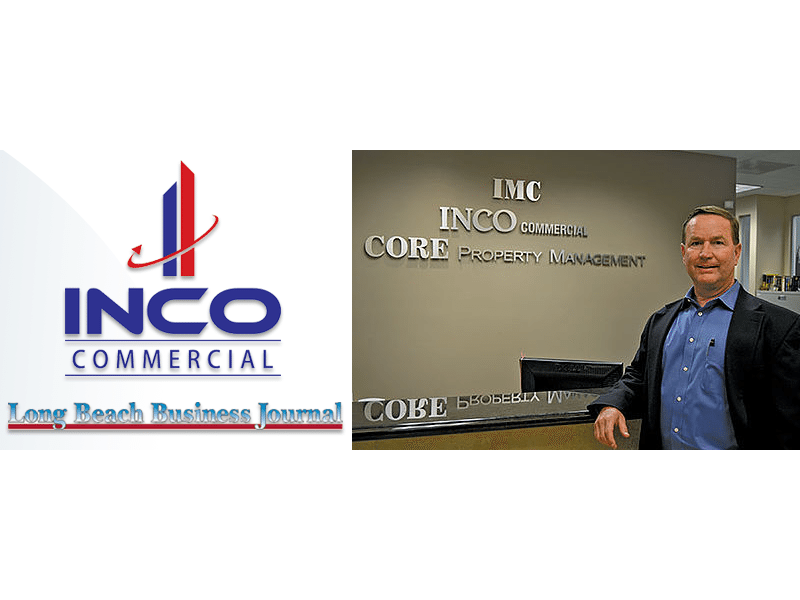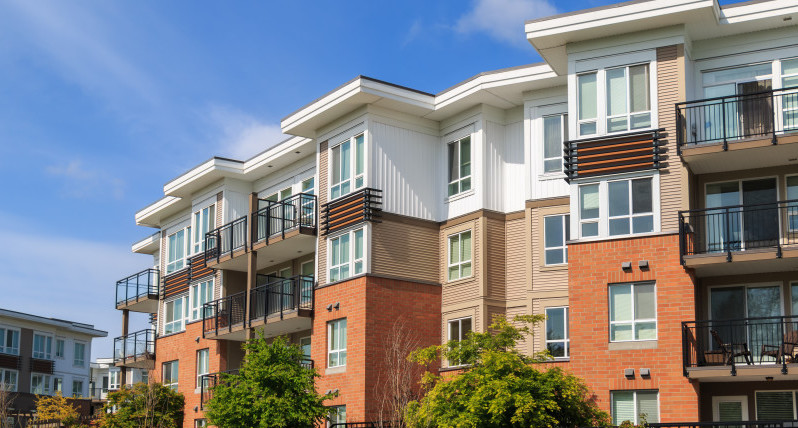What Is Involved in Developing a Vacant Lot in California?
As with any commercial real estate (CRE) deal, there is a lot to consider prior to and during development of a vacant lot. Much of the information is concerned with financial or legal technicalities, but California also has a lot of environmental regulations and code to follow as well. INCO Commercial is committed to helping every step of the way, from finding the appropriately located vacant lot to match your needs, to helping complete all of the required paperwork, and ensuring everything is to code as development proceeds. Our affiliated company, IMC Municipal Consulting also provides advisory services and assistance in project development, including site selection, economic incentives, development assistance, financing, and more.
INCO Commercial can provide assistance throughout the entire process, but here are some things to consider for development of a vacant lot.
Land Availability and Purpose of Development
Because good land is typically expensive and in demand, INCO Commercial will do what we need to find the best property at the right price that will match your financial plan and development goals. Lots in or approaching bigger cities come at a higher premium. If your budget is more limited, you may want to keep your options open. Zoning requirements or usage restrictions, as well as municipality and community plans can also factor into your choice of location.
Subdivision
If the property is large, you’ll likely want to divide it into smaller lots to develop or sell, which can be more affordable for prospective buyers. Subdivision involves separating a plot of land into multiple distinct legal entities, otherwise known as “platting.” Gaining subdivision approval is part of the entitlement process. In California, there are common restrictions when it comes to subdividing property. For example, the property may have existing restrictions as part of the purchase deal, or the city/county may require that your project align with their community planning goals. Additionally, there may be requirements on the size of the property to allow for subdivision, and of course, zoning regulations must be met as well. INCO Commercial can help guide you through the requirements and reviews necessary for considering subdividing a property.
Entitlement
Once you go through the process for approval to develop a lot, your land is now considered “entitled.” There is even a ‘pre-entitlement’ process, which examines the preliminary designs, architectural plans, engineering, noise & air qualities, and fiscal reports. California actually has one of the most detailed and complicated entitlements process in the nation. The entitlement process in California is broken down into three separate processes, including meeting the requirements set forth by environmental and local codes, review by courts and local governments, and finally a citizen and community-based initiatives process. Though these processes may seem strict and arduous, California has developed these for the best interest in protecting environmentally sensitive land for our future.
Types of Zoning Limits.
There are often three major types of zoning: residence, commercial and industrial. Each zone is subdivided into categories with its own rules, for instance, yard size for houses, building height and so on. Other zoning laws protect certain areas from being developed such as historical sites, coastal spots, and potential flood regions. Keep in mind that if your development project does not fall within city guidelines, a rezoning is required, and in California, a city council review is also required. Public participation is also mandatory for commercial development, as even one minor change in the community can have a wide-ranging impact on local businesses and residences.
Density Bonus
If you’re thinking of developing land for apartments, senior or child care facilities, the density bonus is something you might want to consider before you choose a lot. Normally, the local land use laws often dictate how big a structure can be built, as well as the size of any “residential units.” A density bonus is something of a workaround for such laws, offering developers compensation for putting up affordable housing for low-income families or seniors, and for building around mass transit systems. The caveat with building affordable housing in order to be granted the density bonus is that the affordability must be maintained over a minimum time frame of thirty years.
California Environmental Quality Act (CEQA)
Again, CRE in California can be unique due to the state’s attention to the environment. Developers here must comply with the California Environmental Quality Act. The law requires that any direct physical change or an indirect change that would affect the environment must undergo an environmental review, and depending on the potential effects, may require another review and even a plan for mitigation if the effects are severe enough. INCO’s partner firm IMC Municipal Consulting can play a key role in helping guide you through these types of requirements and regulations.
INCO Commercial and our affiliates, IMC Municipal Consulting and CORE Property Management are dedicated to assisting our clients and maximizing their success. We work closely with each of our clients to assess and evaluate their goals to ensure the properties we find are best suited for the investment. Please visit our contact page for the office that can best serve you!



